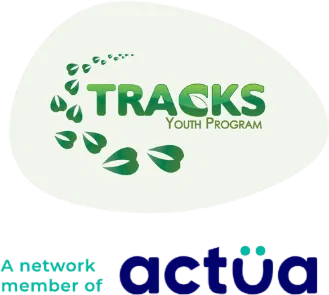Science Literacy: Audio Resources
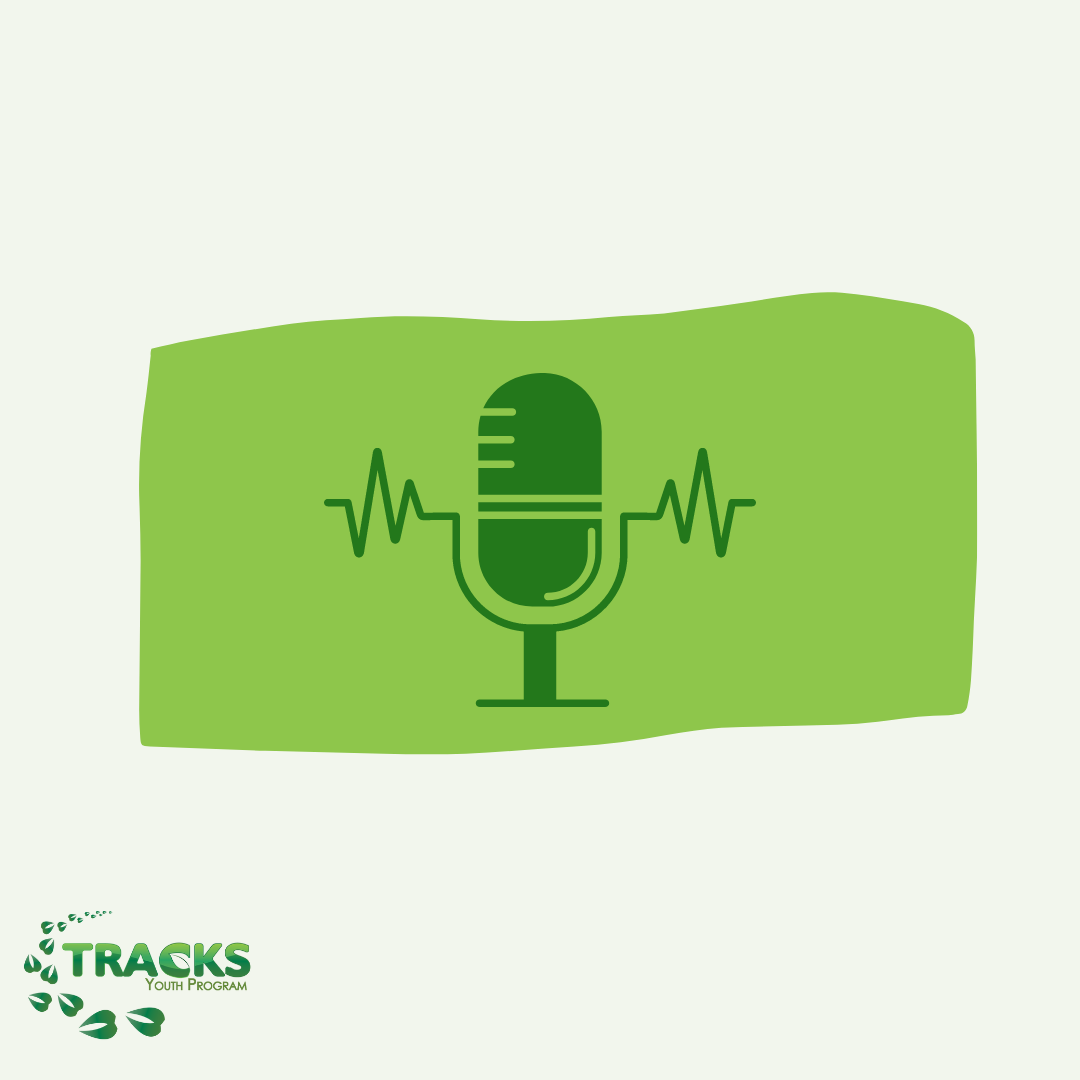
The Following Episodes are Intended for ages (12+)
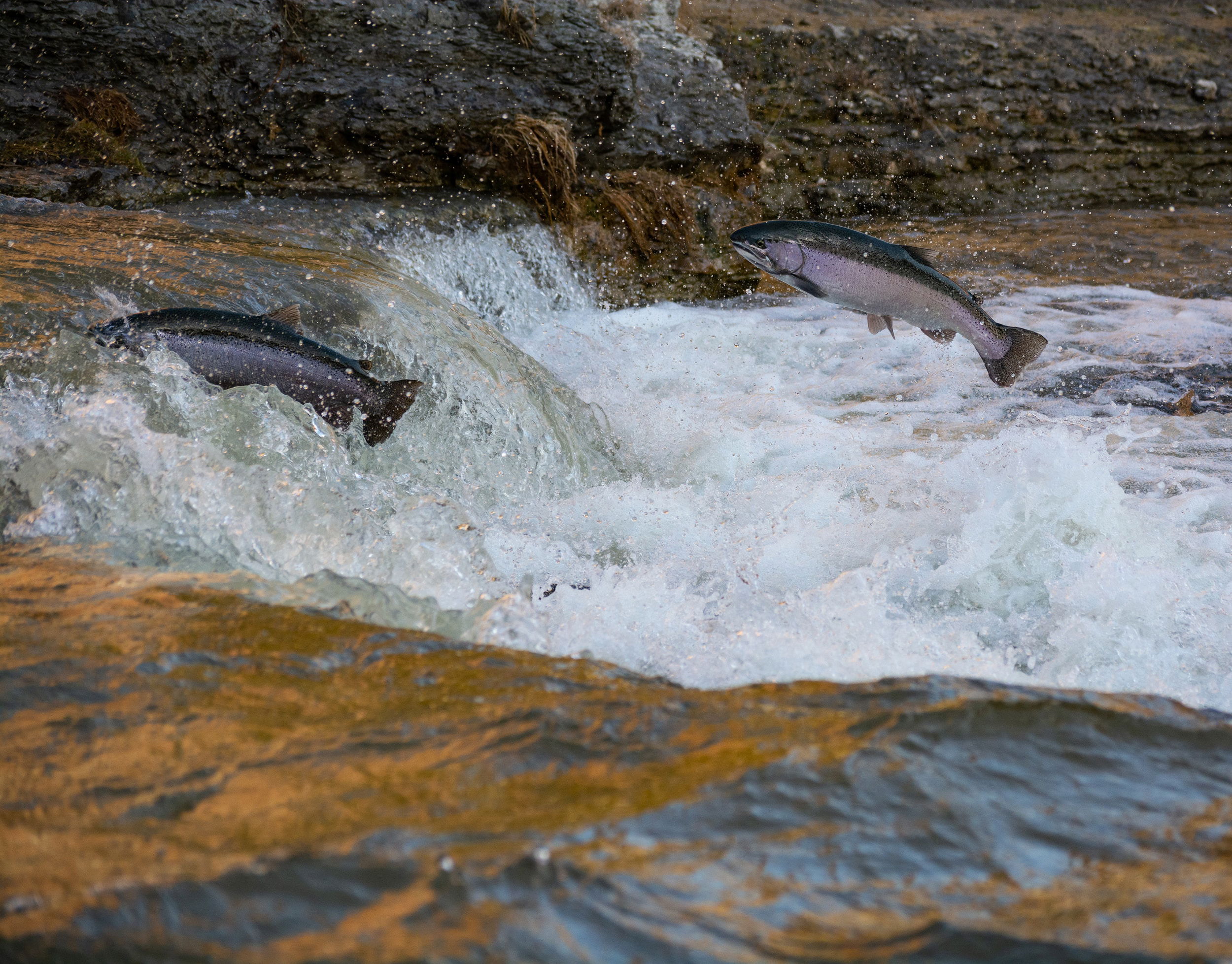
The first audio resource is Unreserved with Rosanna Deerchild: Deep dive: "What happens when the salmon stop coming home". Here is the description from CBC:"Salmon is a staple food for many Indigenous people in the Pacific Northwest. The fish has been the subject of song, story and artwork for thousands of years. It is also a symbol, of fortitude, and self sacrifice. But in recent years, the mighty salmon has been facing some scary realities."
https://www.cbc.ca/listen/live-radio/1-105-unreserved/clip/15812375-deep-dive-what-happens-salmon-stop-coming-home
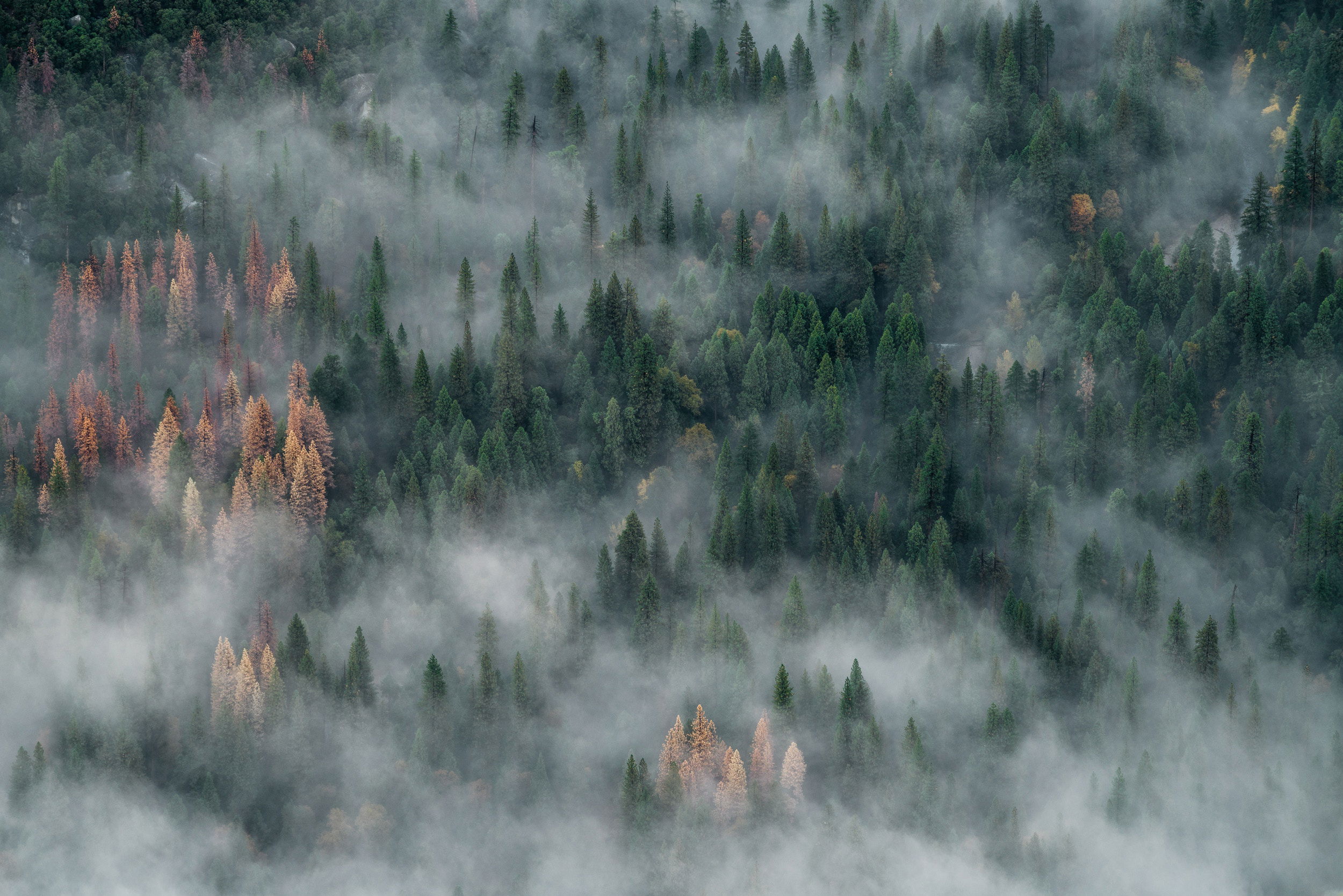
The second Audio resource is from Ologies, with Allie Ward. The episode is called "Indigenous Fire Ecology" (GOOD FIRE) with Amy Christianson.Here is a description of the episode from the website. "Cultural burns. Prescribed blazes. A healthy forest. What exactly is “good fire?” Let’s ask Indigenous fire scientist Dr. Amy Christianson, who is a co-host of the podcast ...Good Fire. This wonderfully generous and informed scholar took a quick break from her Canadian wilderness vacation to fill me in on Indigenous history, collaborations between Western science & First Nations elders, Aboriginal thoughts on cultural burns, flim-flam, evacuations, snowmelt, hunting strategies, land stewardship, happy trees, climate strategies, and the social science behind wildfire education. Also learning from Native wildfire fighters. Huge thanks to her and Matt Kristoff -- who also hosts the Your Forest Podcast -- for allowing us to use excerpts from their interview to launch Good Fire. Subscribe to both podcasts to get more ecological knowledge in your ears".https://www.alieward.com/ologies/goodfire
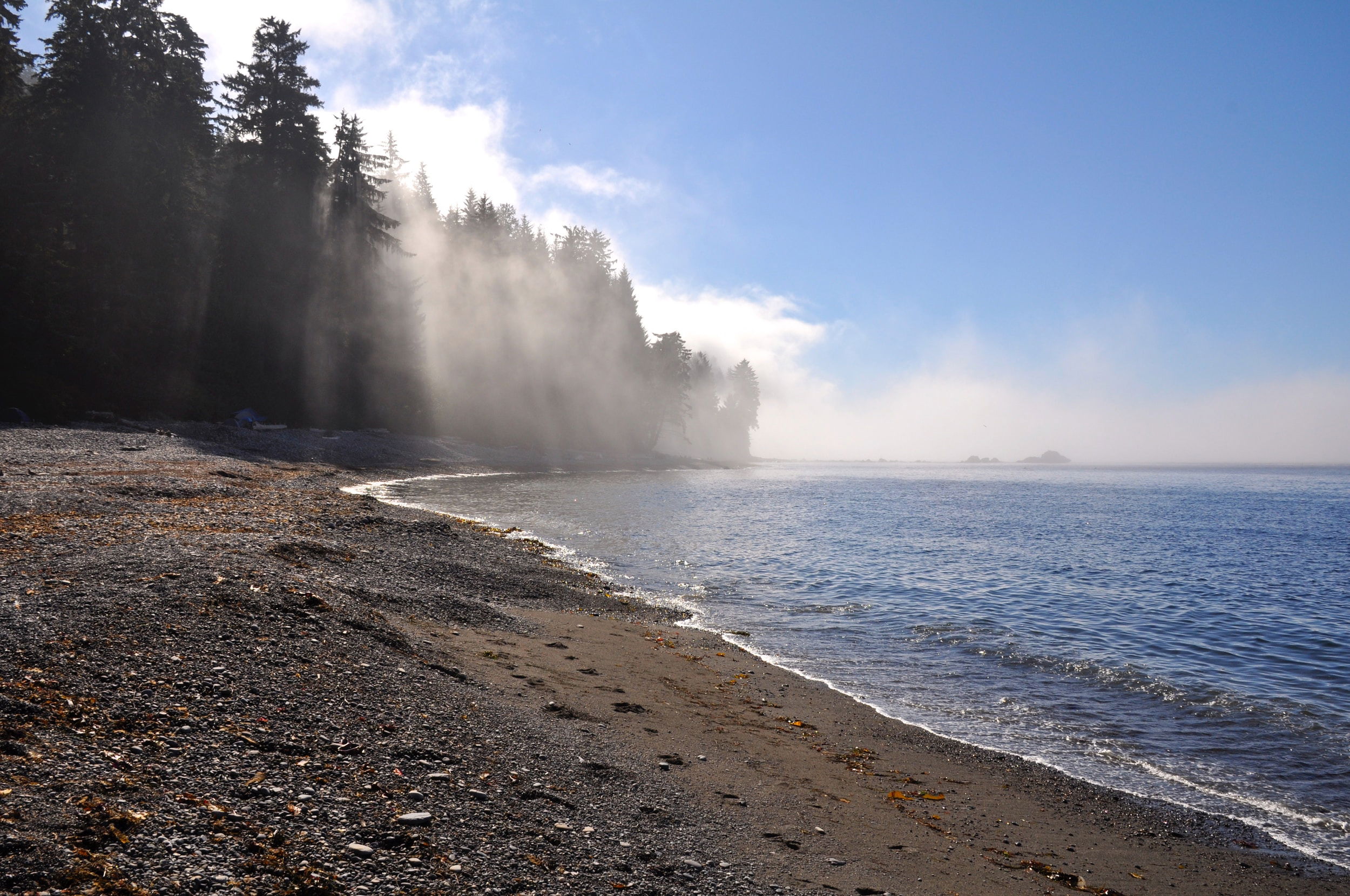
The third resource is also from Unreserved with Rosanna Deerchild, this episode is looking at "How B.C.'s Indigenous communities are facing climate change, and creating solutions."
Here is the description of the episode: "This week on Unreserved, through partnership with the journalism program at the University of British Columbia, we hear how climate change is affecting Indigenous communities in B.C".
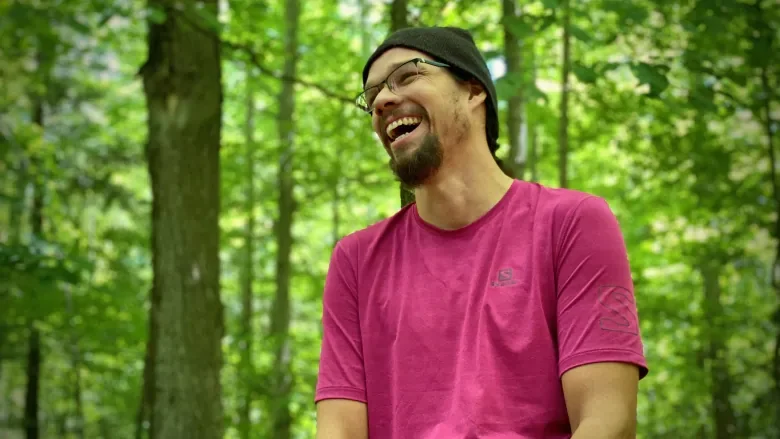
https://www.cbc.ca/listen/live-radio/1-105-unreserved/clip/15779228-how-b.c.s-indigenous-communities-facing-climate-change-creatingCBC The Current has a series called Back to the Land. The episode "This plant medicine teacher is reclaiming Anishinaabe names for species. Why that could be good for the planet" features the incredible knowledge of Joe Pitawanakwat.
Here is the description of the episode from CBC:"Plant medicine educator Joe Pitawanakwat has made teaching about medicine plants — and preserving their Anishinaabemowin names — his life work. He takes Back to the Land host Duncan McCue on a walk through the woods to share how certain plants are used in Indigenous cultures."https://www.cbc.ca/radio/thecurrent/back-to-the-land-preserving-indigenous-language-1.6152854
Audio Resources for Younger Ages
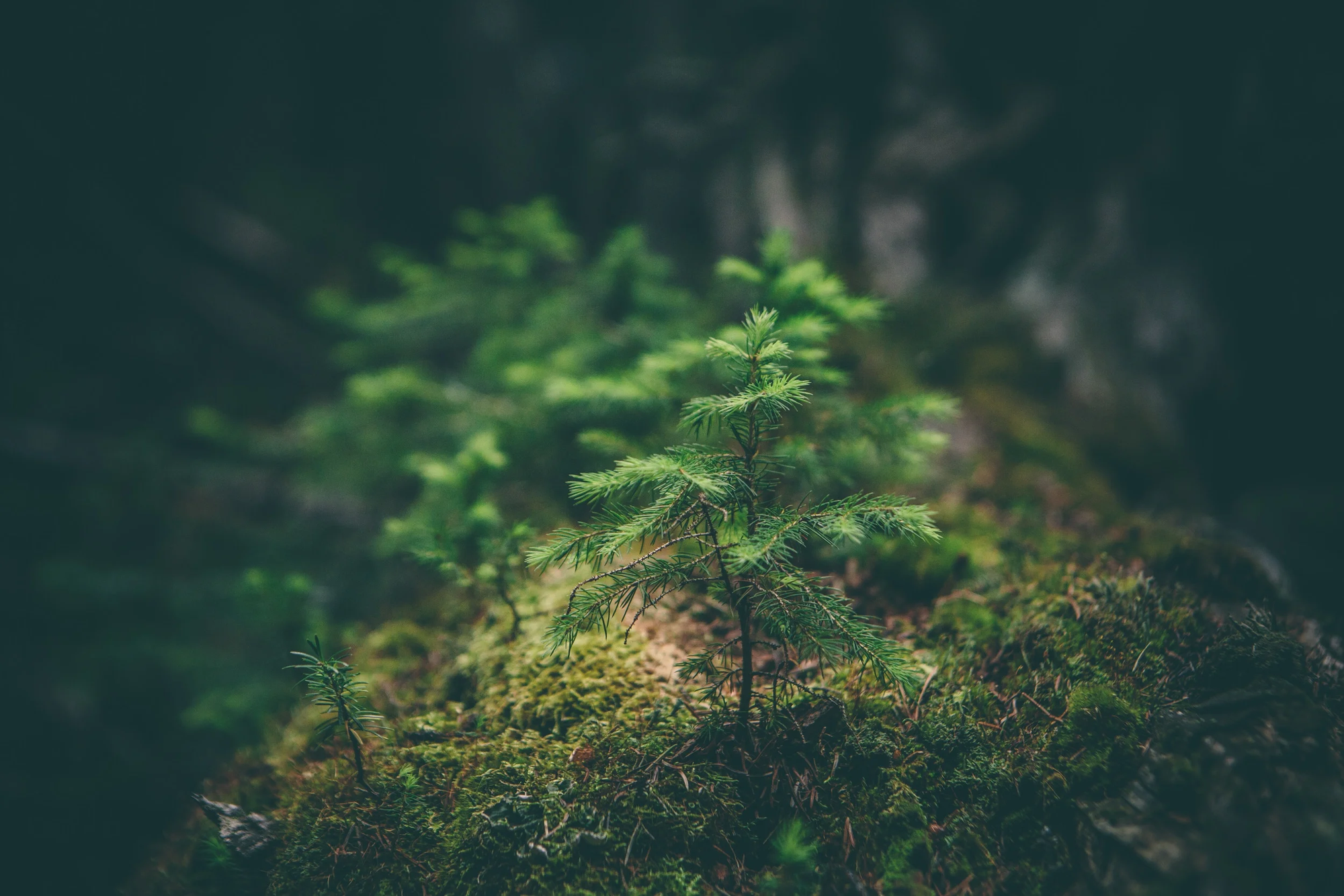
Warrior Kids Podcast has an episode called "Trees are Our Relatives". Here is their description: "In Episode 6, we talk about our very special relatives: trees! Trees are very important to our health and well-being on planet earth". This episode reminds/introduces listeners to the importance of trees and their connection to climate. https://soundcloud.com/warriorkidspodcast/trees-are-our-relatives
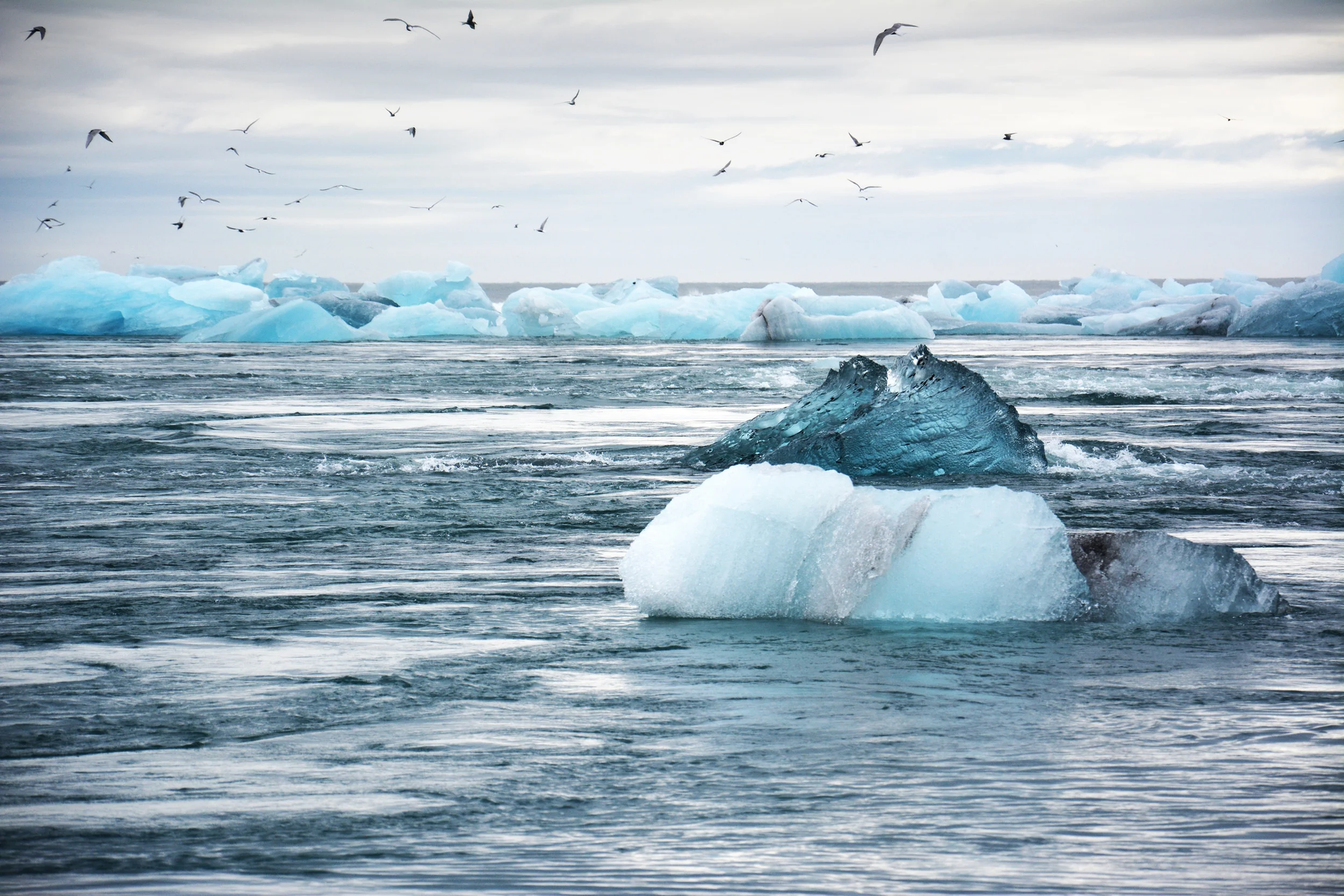
Kids Listen, The Ten News has an audio episode titled "Re-air! Definition Breakdown: Climate Change & Global Warming 🌎"The episode is described as follows "Jacob and Olivia from the Curious Kid Podcast explain the differences between Global Warming and Climate Change. What is the Greenhouse Effect, and how are people contributing to the rapid rise of the Earth's temperature? 👧🏾 Let's learn about Mari Copeny who, at 8 years old, garnered national attention after writing a letter to President Obama about the toxic drinking water crisis in her hometown of Flint, Michigan."https://app.kidslisten.org/ep/The-Ten-News-Re-air-Definition-Breakdown-Climate-Change-and-Global-Warming
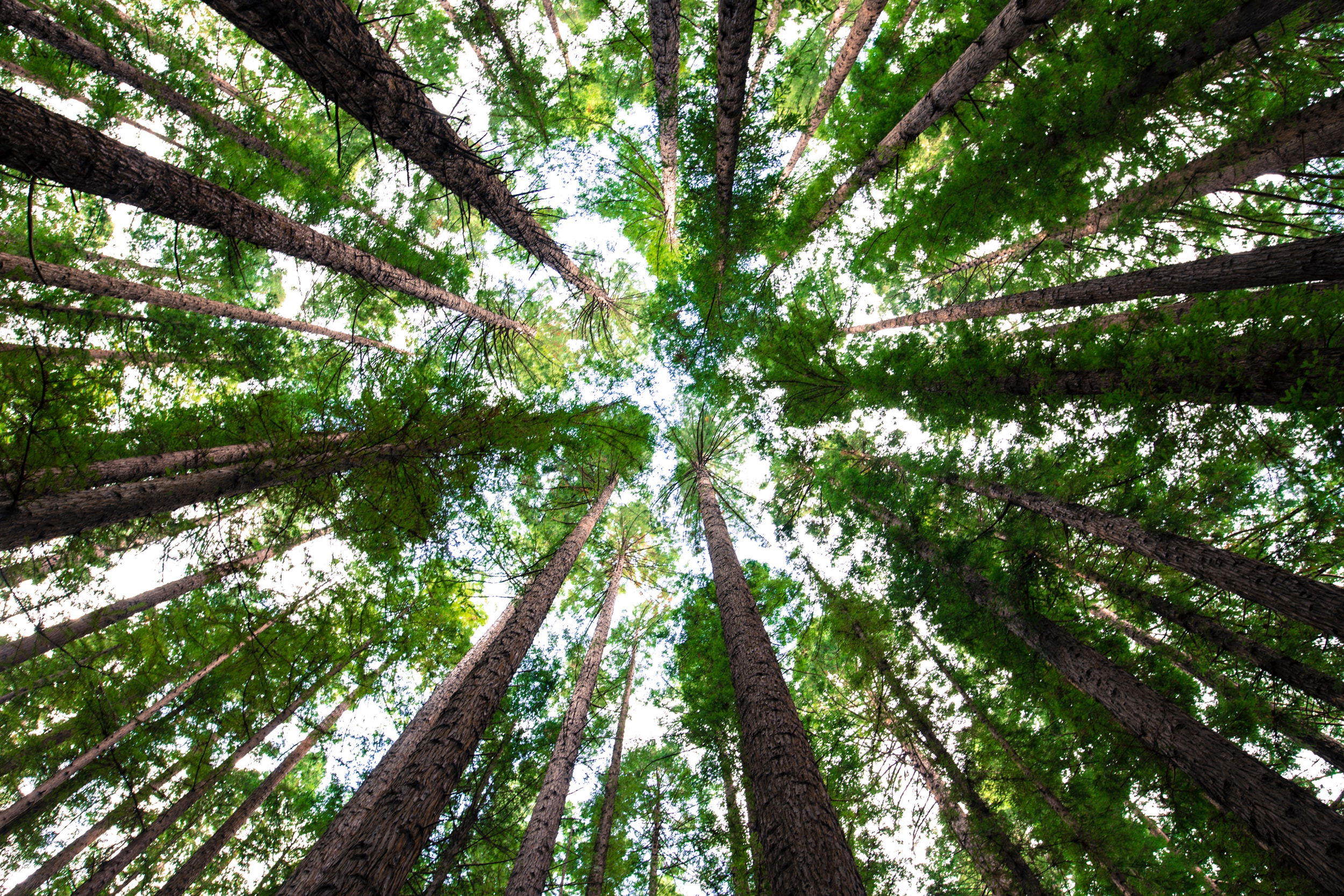
The next episode is from Jack to the Future, Episode 8- "The Future of Forests".Here is the description from the website "Learn about the threats facing forests in the UK and what we can do to help as Jack has an informative chat with Henry Bexley, Operations Manager at National Trust's Hatfield Forest in Essex. They talk about some of the rare and interesting species of plants and animals that can be found here; why it is a site of Specific Scientific Interest; some forest management techniques used, spanning back to Norman times and how these help prolong the life of the trees as well as discussing climate change and the impact on the forest and its sustainability."https://app.kidslisten.org/ep/Jack-To-The-Future-Episode-8-The-Future-of-Forests
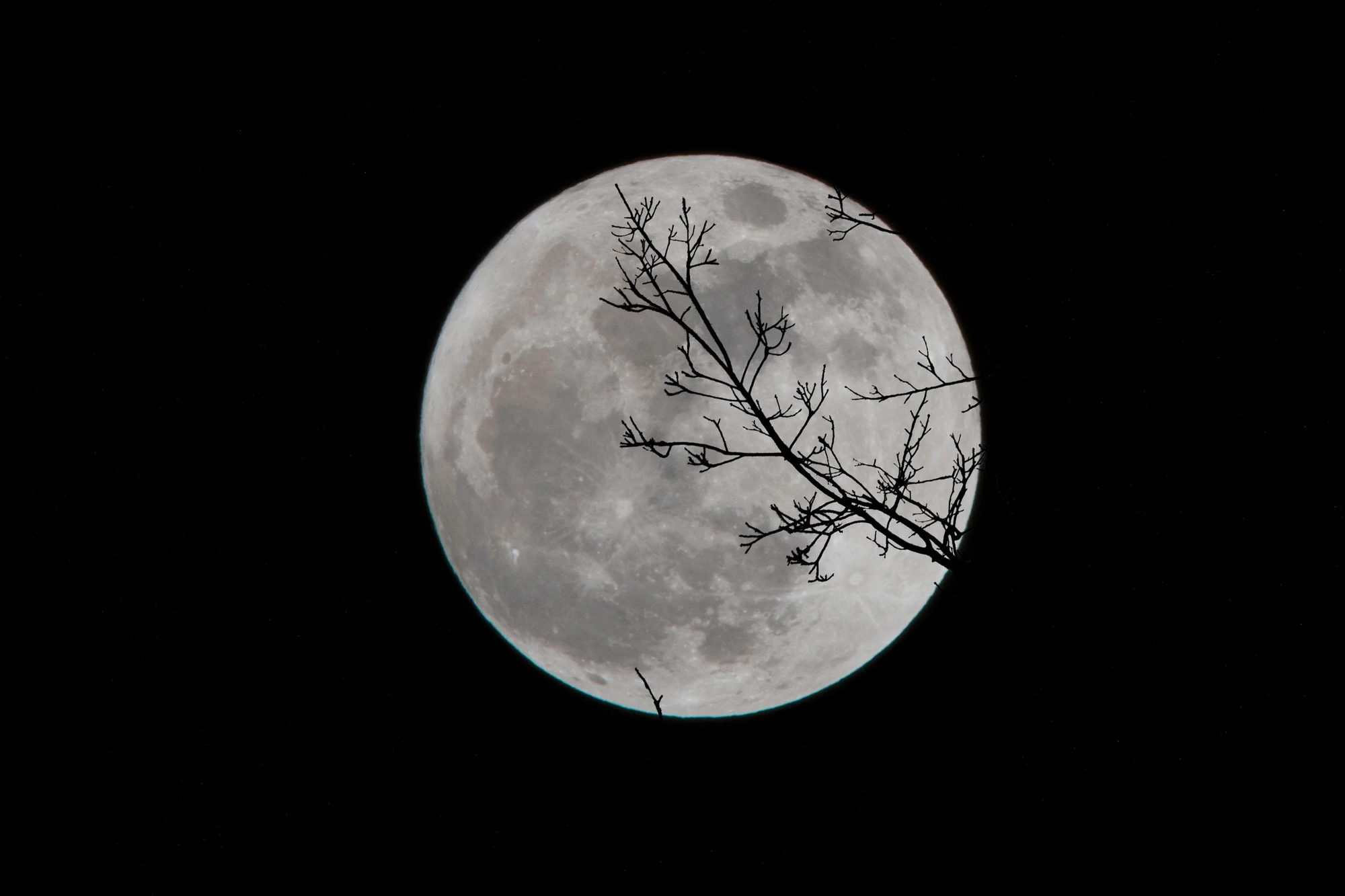
Tumble, the Science Podcast for Kids presents "What Would Happen If There Was No Moon?"This audio resource examines the importance of the moon and it's connection to climate. Here is their description of the podcast, "What if there was no moon? In this episode, we find out that there's a lot of fascinating lunar science that goes into answering that question. Miquel Sureda is a Spanish astrophysicist and science communicator who helped us figure it out."
https://www.sciencepodcastforkids.com/single-post/2018/05/04/what-would-happen-if-there-was-no-moon
